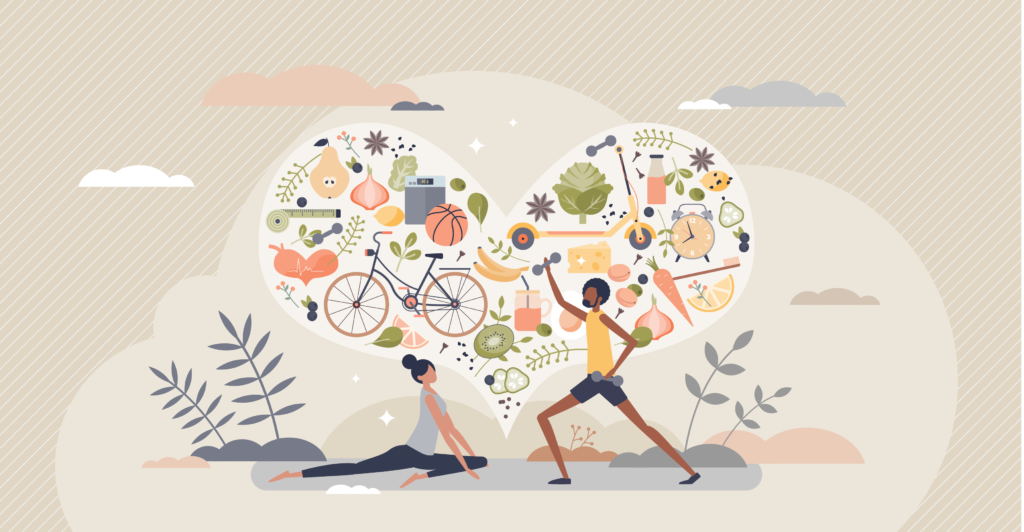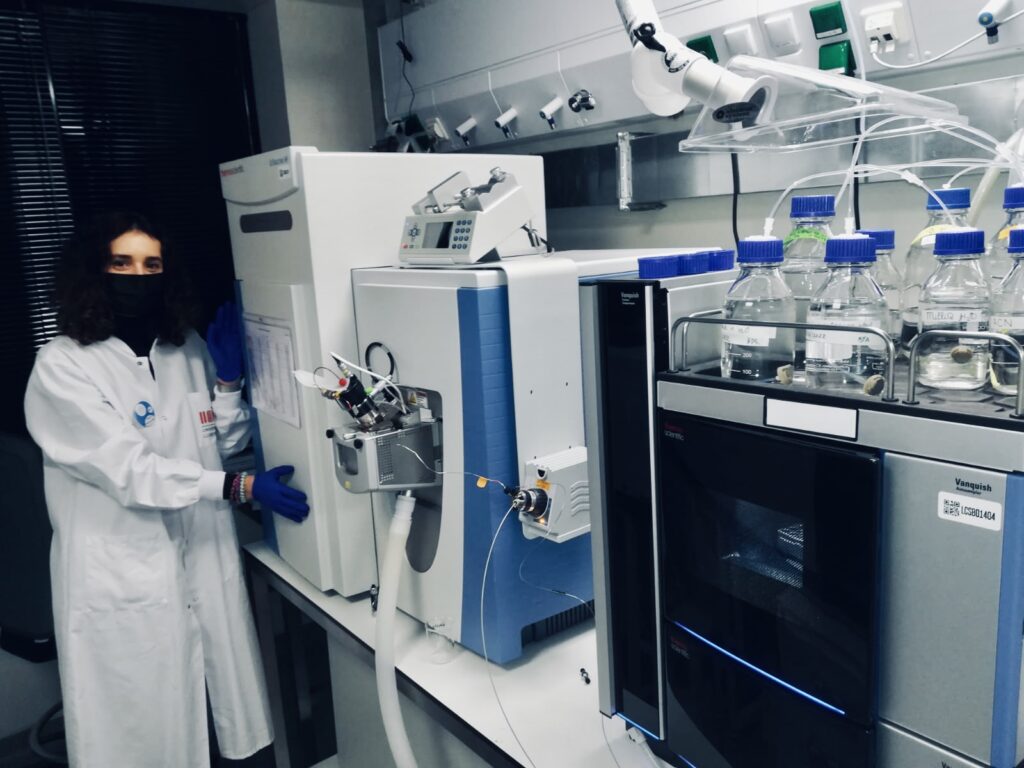January 2017
In early 2017, a small exhibition in Luxembourg City highlighted a selection of ‘WiSE – Women in Science and Engineering’. Here we introduce FNR Award winner Pascale Engel de Abreu, a Psychologist who studies cognitive development of multilingual children at the University of Luxembourg and is featured in the exhibition.
Research close to the needs of Luxembourg society
The questions Dr Engel and her team ask themselves include:
- Which conditions must be met in order to properly learn a second language?
- How can you diagnose learning difficulties in a multilingual child?
- What effect does multilinguism have on the cognitive development of the brain?
To get her data, Pascale Engel frequently tests several hundred children and studies the results using statistical models. In some studies, she tests the same children over several years to observe how certain cognitive processes change.
Multilingualism as brain training
Dr Engel de Abreu has established that multilinguism is a kind of brain training for children. For example, Portuguese children grow up in Luxembourg are less fluent in their mother tongue compared to monolingual children. However, the children who grow up with multiple languages have an advantage in other areas, such as a better ability to focus their attention.
But Pascale Engel does not only study the cause of problems, she also tests methods that aim to help the children. One of her main goals is the development of science-based tests and intervention materials that help identify children with educational difficulties (e.g. dyslexia) at an early age, helping to ensure appropriate care.
WiSE women exhibition
Find out more about the WiSE – Women in Science and Engineering in Luxembourg exhibition (20 January to 11 February 2017, Luxembourg City)
More information
Pascale Engel de Abreu is currently funded by an FNR CORE grant
More information about de Abreu’s project











